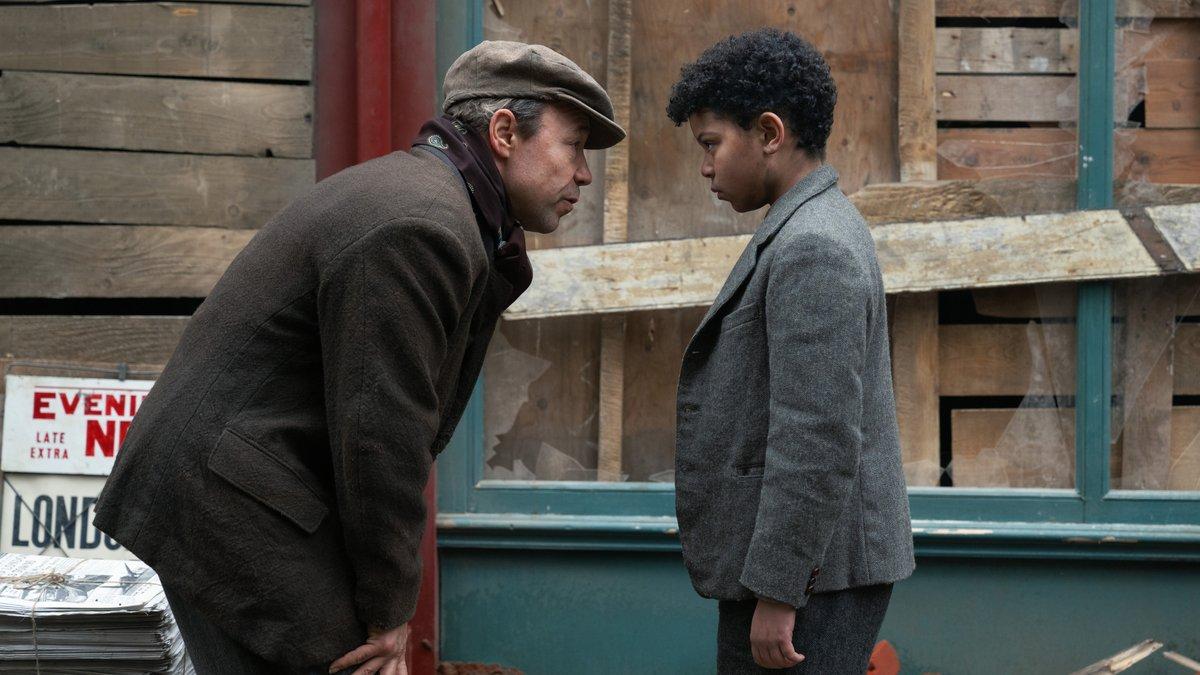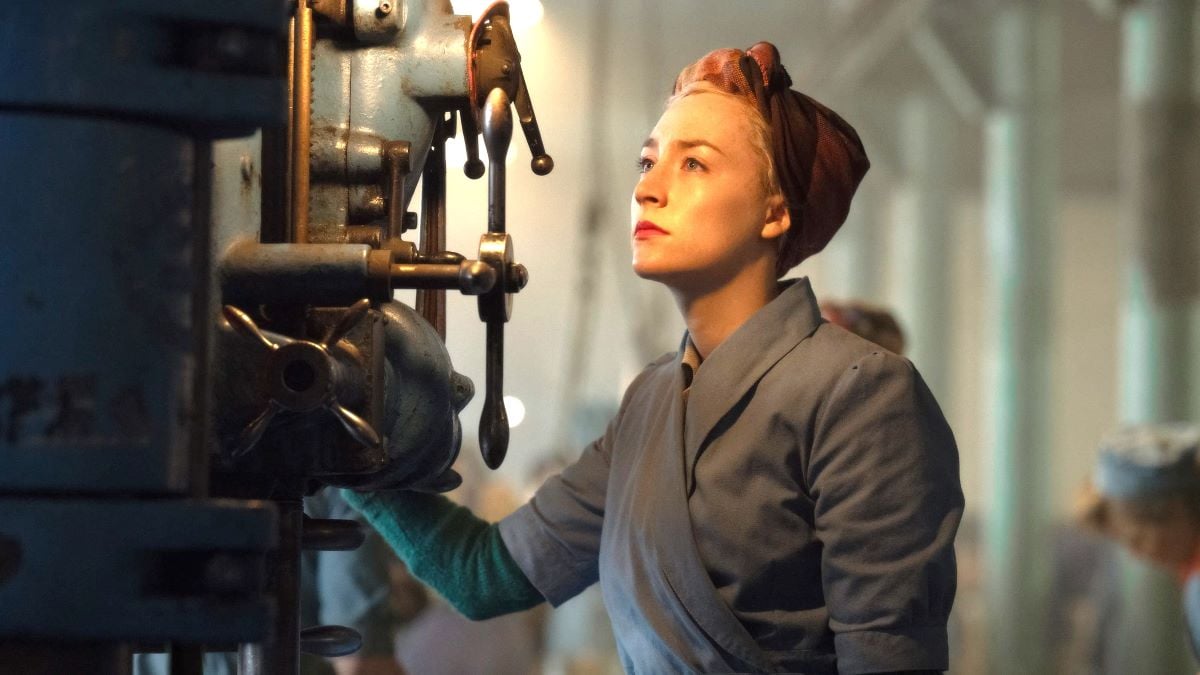Of all the major players in the current streaming pantheon, Apple TV Plus seems to be the resident bastion of “less is more.” Indeed, it shares with Prime Video an endless library of rentable and purchasable titles, but the films and television shows that you get solely via subscription are relatively few in number.
This is why you hardly see much of a change in the streamer’s top movies; only one gets released every couple of months. As a result, the hits hit harder and the misses miss wider, and Blitz is thankfully a shining example of the former persuasion. All it has to do now is keep pace with a nearly 60-year old Christmas classic.
Per FlixPatrol, Blitz is currently occupying the number two spot on the United States’ Apple TV Plus film rankings at the time of writing, vying for that top spot with the currently-encumbered A Charlie Brown Christmas; the resident Mariah Carey of Apple TV Plus’ media library (if you know, you know).
Blitz stars Saoirse Ronan as Rita, a woman living in World War II-era London that puts her son George (debutant Elliott Heffernan) on a train to countryside to protect him from Germany’s bombing campaign against the city, only for George to leap off the train and strike out on his own in an attempt to return home, encountering numerous odd ducks, bad eggs, and golden geese along the way. All the while, Rita worries herself sick over George while she and other working-class Londoners fight back against harmful wartime regulations.

The ineffable Ronan, a powerhouse turn from the young Heffernan, and Yorick Le Saux’s haunting cinematography are two of the more immediate boons of writer-director Steve McQueen’s latest, but the true strength of Blitz is its interest in the emotional devastation that’s caused on account of war; a tragedy that understandably takes a backseat to mortality rates and physiological ruin, but one that’s regrettably overlooked nevertheless.
From the moment George yells “I hate you!” at Rita for sending him away, Blitz embarks on a skewering campaign to highlight the necessity of human connection as we face off against the darkness that life and the wider world have a tendency to serve up. And what better way to exemplify that darkness than the shadow of Hitler?
Indeed, such times don’t call for an unwavering adherence to restrictions, but for compassion, and they certainly don’t call for separating sons from their mothers, even if it seems like the right thing to do in the moment. Pay extra-special attention to how much singing and dancing occurs in this film, and understand that those activities are not mere entertainment or recreation, but undiluted survival tactics.
The foremost tragedy of Blitz — like so many other films in this emotional vein — is how timely it is. Domestic and international tensions seem to rise with every passing day, and because of that, we all individually need to make the conscious choice to hold on to our humanity, lest we, in the noise of our contrived differences, forget that we are all a part of one another.











Published: Dec 3, 2024 12:46 pm